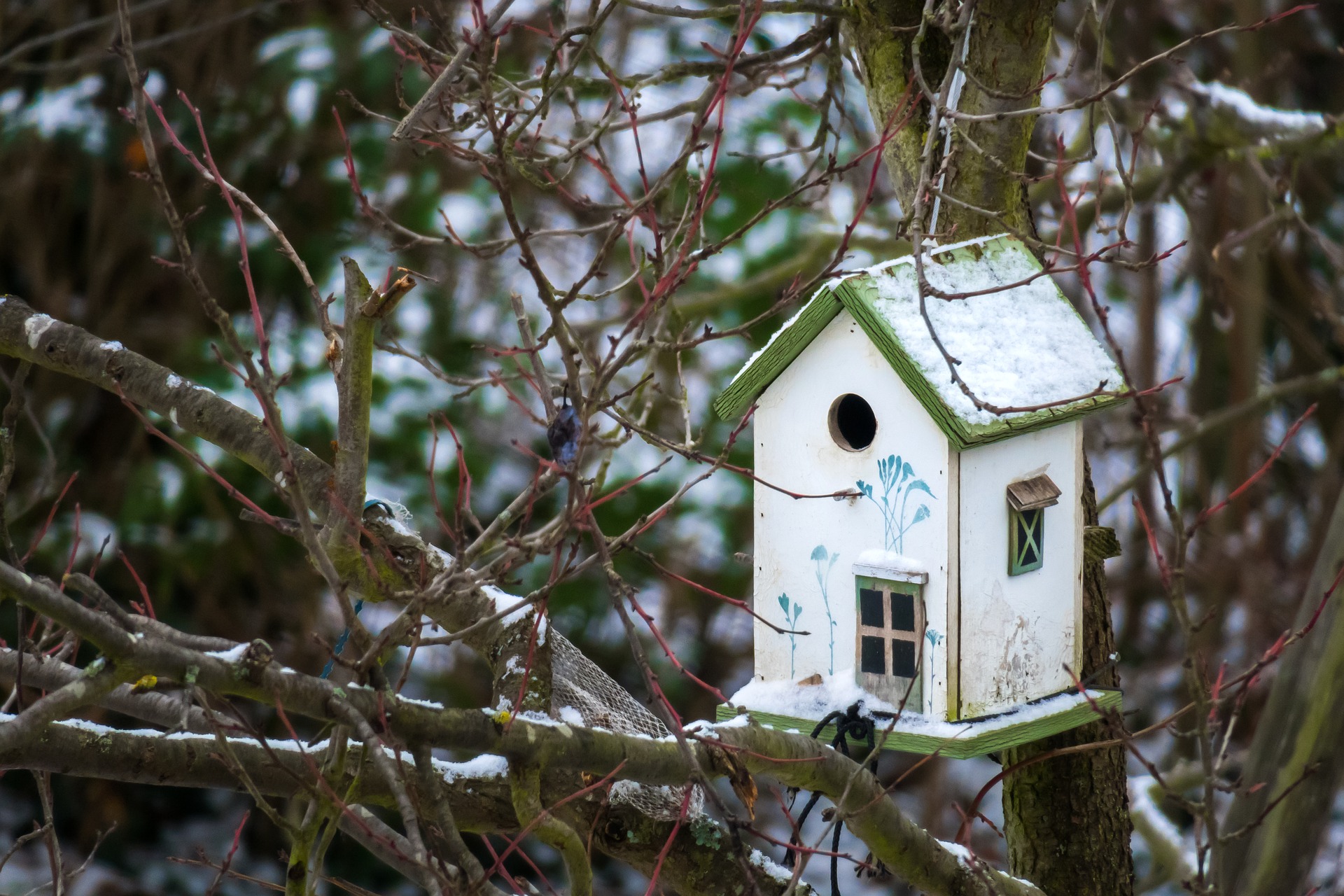
22 Jan Is buying a larger home worth it?
Photo: pixabay.comQ. I live in a two-bedroom house that has only $50,000 left on the mortgage. I can buy a larger home in my neighborhood – so my kids would each have their own bedroom – for which I’d need a $125,000 mortgage. I can afford the monthly payments, but I can’t decide if it’s worth the money or if I should just save more for retirement. How can I decide?
— Homeowner
A. We’re glad you’re in good financial shape, but we’re even more glad that you’re looking to the future as part of your question.
Your question really boils down to the concept of opportunity cost—the value of what you have to forgo in order to gain something else, said Gene McGovern, a certified financial planner with McGovern Financial Advisors in Westfield.
“It’s also, fundamentally, an ant-versus-grasshopper question: whether to spend your money on things you can enjoy today, such as a larger house, or to put that money aside for future needs such as retirement,” he said.
Answering that question in detail would require information about your personal and financial situation, including how long you plan to stay in the new home, your age, the number and ages of your children, your marital status, your health, and your time horizon to retirement, McGovern said. It would also mean knowing the big picture regarding your assets, income, expenses, and other debts.
That said, some general guidance may be of help.
McGovern said the first thing to do is to draw up a list of all of your overall goals and needs in life, both personal and financial. These could include not only having a larger home but also providing for a comfortable retirement, sending your kids to college, having enough life insurance coverage, buying a new car, vacations and so forth.
The next step would be to rank and prioritize your goals.
“For example, you could divide all the goals into categories, such as essential, important, and nice-to-have, and then rank them within each category,” he said. “Another way to think about these goals is by distance in time—immediate, near-term, and longer-term.”
After that, you can begin to quantify the cost of each goal, and to understand the trade-offs – opportunity costs – among them.
For example, he said, ask yourself how much income will you need in retirement, and are you saving enough today to provide for that income, after factoring in Social Security and any pensions? If you plan on sending your kids to college, will you be paying for that, and how much will a college education cost when they turn 18? Will there be wedding costs to pay for?
To put your question in more concrete terms, as of this writing, 30-year mortgage rates in New Jersey are averaging 4.44 percent, so a 30-year, $125,000 mortgage would mean a monthly payment of about $630, excluding any property taxes or mortgage insurance, McGovern said. Subtracting your existing mortgage payment from $630 gives you the first incremental cost of the new mortgage.
“You’d also have to consider the additional one-time costs of selling your existing home and buying the new one, such as preparing your home for sale, real estate commissions, repairs, moving costs, new furnishings and appliances and so forth,” he said. “Property taxes on the larger house would also likely be permanently higher.”
Here’s the real number that you should pay attention to: Let’s say that the total incremental cost of the new home comes to, for example, $500 per month. If you pay that off over 30 years, you’ll have spent $180,000 more on the new home, not including any repairs, maintenance, upgrades, and future increases in property taxes. On the other hand, if you invested that same $500 per month into a retirement account such as a Roth IRA earning an average of 5 percent per year for 30 years, you’d have accumulated more than $400,000.
“Prioritizing and then making quantitative projections of your goals, then, while understanding the trade-offs among them, is ultimately the best way to decide on buying that larger house,” he said.
Email your questions to Ask@NJMoneyHelp.com.

